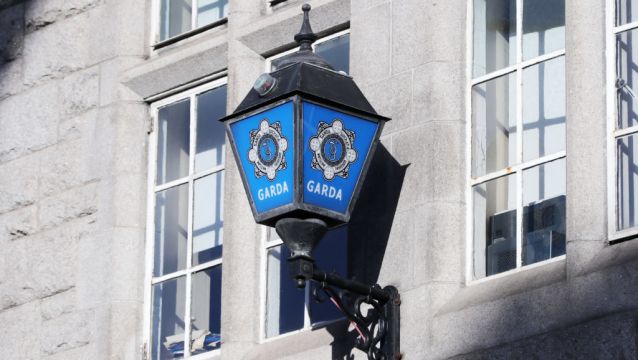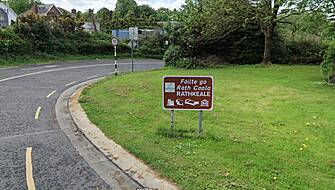An independent expert assigned to review An Garda Síochána's handling of cancelled 999 calls have been unable to examine recordings of the calls due to “legal issues”.
As reported in The Irish Times, Derek Penman, the former assistant chief constable of Police Scotland, said in his interim report on the issue that independent access to the recordings is “essential”.
According to Mr Penman, the terms of reference establishing his review of the cancelled calls had expected access to the call recordings.
“Due to legal issues, access has not yet been provided, and therefore it has not been possible to check if call takers entered calls accurately, nor confirm if critical procedures were followed.”
Mr Penman has said legal advice on accessing the calls is being sought by gardaí and the Policing Authority.
Cancelled calls review
The interim report by Mr Penman, expected to be discussed on Tuesday by the Policing Authority and Garda Commissioner Drew Harris, details concerns about weak supervision in relation to cancelled emergency calls.
During a review of the situation, Garda identified 203,000 cancelled calls during a 22-month period from January 2019. Of these, just 23,361 calls, which include some of the most serious incidents, have been reviewed.
In some cases, it was found that some call takers were asked to “cancel” cases by another garda who had physically responded to the call. This posed the problem of no Pulse record being created and therefore, potentially no follow-up inquiries being made.
In other instances, information provided by callers was not accurately recorded, resulting in gardaí being dispatched to the wrong address. This meant callers could not be re-contacted.
According to Mr Penman, some of these callers could not be identified during the Garda review.
He said these problems could not be blamed on training or on the emergency calls computer system.
Although Mr Penman praised many aspects of the Garda review, he raised serious concerns about oversight procedures in control rooms which allowed for cancelled calls to go unnoticed.
“Policies and procedures were in place that should have identified unwarranted cancelled incidents,” Mr Penman said.
“This would suggest that supervision, quality assurance checks and procedures for the performance management of individuals within regional control rooms and local stations were either not followed or not effective.”







